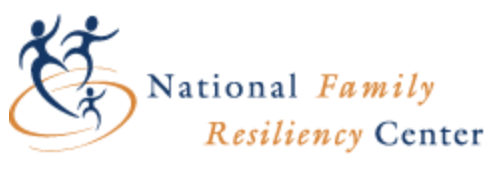IS AN NFRC GROUP RIGHT FOR YOU?
Join a Group Today
By Risa Garon, Co-Founder and Executive Director
There is nothing like being with people who get you! And for single moms going through a family transition, it’s so nice to be with other women who understand! Yes, sometimes it helps to communicate online — you’re at home, in your sweats and you don’t need child care.
Why bother with an in-person group? One reason is that a family transition can be very lonely. Many women say they feel isolated and stigmatized.
The National Family Resiliency Center’s women’s groups provide an opportunity, in a safe and confidential atmosphere, to grieve, heal and learn what may be helpful in handling a separation, divorce or related family transition. With the support of others, women are better able to understand what happened in their own relationships, then work toward future changes.
NFRC groups for women, with six to eight members, meet weekly for one hour and 20 minutes. The group is facilitated by an NFRC therapist along with two peer counselors who have experienced family transitions and volunteer time to be supportive of others. What is discussed is based on each woman’s goals and challenges — topics they choose to work on together.
What we have seen accomplished in group is amazing! I have so much respect for the honesty, hard work and mutual caring that occurs.
This quote comes from a peer counselor who assists in one of NFRC’s women’s support groups:
“Did you ever share with someone an important life experience only to hear them say, ‘The exact same thing happened to me!’? In that moment, you bond with another person — someone who really understands what you are feeling.
Friends and family mean well when they say they understand how we feel, but, unless a person has lived through a divorce or such a life transition, they can only guess.
The women’s group is made up of women who have walked in your shoes and understand. As we all know, divorce is a process that takes time and is made easier when other women share their stories. Each group begins with introductions as we learn each other’s names and ends with hugs among friends.” S.S.
Some progress that clients report include: Expressing feelings of loss and receiving support, regardless of feelings; understanding one’s role in relationships and becoming empowered to change; learning how to co-parent constructively, even when problems occur between two parents; focusing on relationships with children; learning about jobs, interviewing, developing skills, child support and divorce procedures; and gaining feelings of competence/independence.
What would help you with group participation? What concerns do you have about being in a group? What is your picture of a good group?
NFRC also offers therapy support groups for fathers, adult children of divorce, teens and children. You are not alone! Talking through challenges and successes helps not only you, but others in similar situations.
